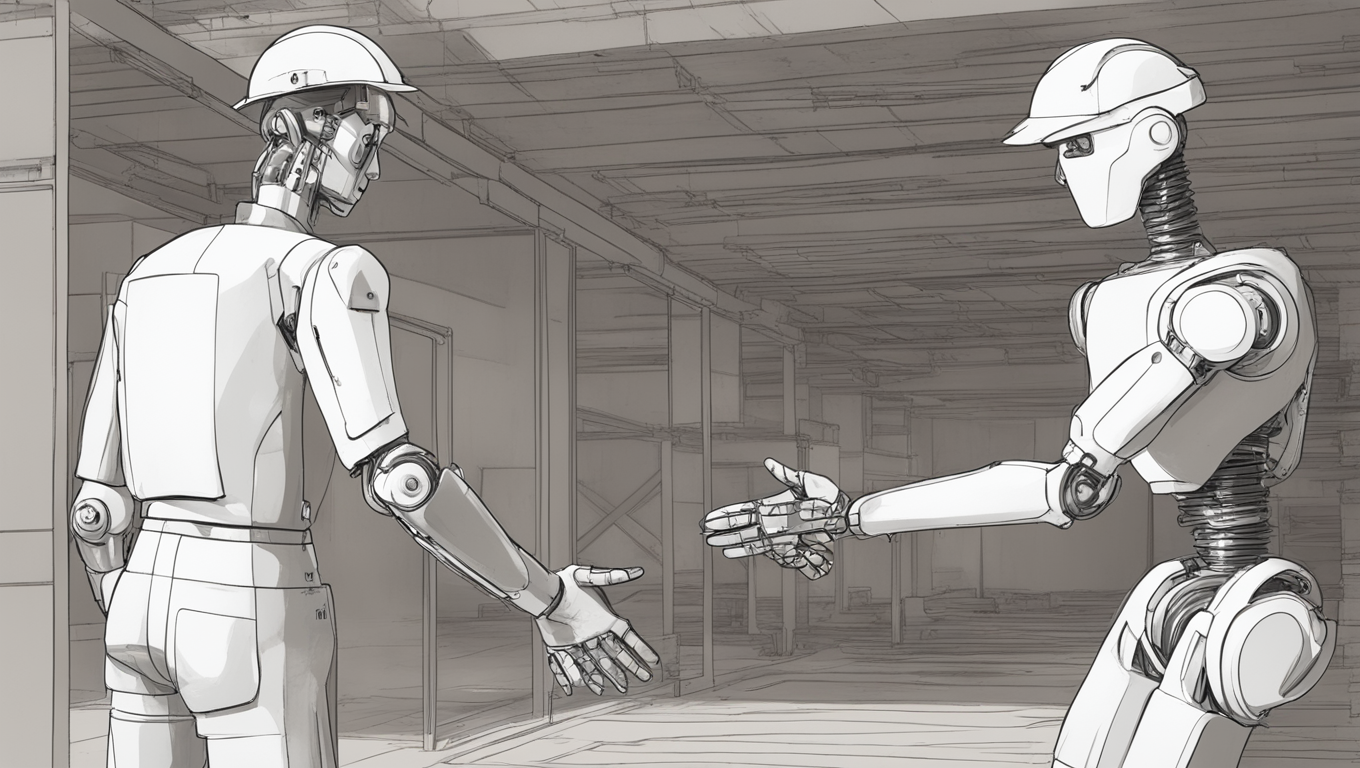Protecting Workers in the Age of AI: TUC’s Blueprint for Regulation
In an age where artificial intelligence (AI) is rapidly transforming the workplace, the UK is finding itself lagging behind in the race to regulate this powerful technology. The Trades Union Congress (TUC) has sounded the alarm, pointing out that the country’s employment laws are failing to keep up with the pace of technological advancements. As a result, workers are at risk of exploitation and discrimination. To address this pressing issue, the TUC has collaborated with legal experts to develop a comprehensive blueprint for AI regulation in the workplace.
The TUC’s blueprint outlines crucial legal rights and protections. One key proposal is the introduction of a legal obligation for employers to consult trade unions regarding the use of high-risk and intrusive AI in the workplace. This would ensure that workers have a say in how AI systems are implemented and used, empowering them and mitigating potential risks. The blueprint also includes provisions to protect workers from unfair dismissal by AI, recognizing the need for accountability and transparency in decisions made by AI systems.
Highlighting the urgency of this matter, the TUC is calling on all political parties to support the regulation proposed in their blueprint, emphasizing that it should be treated as an “urgent national priority.” The TUC is rightfully concerned about the far-reaching impact of AI in the workplace. AI systems already play a significant role in decision-making processes, such as managing, hiring, and firing employees. These systems even go as far as analyzing facial expressions, tone of voice, and accents to assess job candidates' suitability. Without proper regulation, workers face potential biases and discriminatory practices.
The TUC’s warning about the UK becoming an international outlier is not unfounded. Other countries, including the US, China, Canada, and EU nations, have already taken steps to implement laws governing the usage of AI. By falling behind, the UK risks having an inadequate regulatory framework that fails to protect workers effectively.
Kate Bell, the TUC’s assistant general secretary, has passionately called attention to the urgency of AI workplace regulation in the UK, stating, “UK employment law is simply failing to keep pace with the rapid speed of technological change. We are losing the race to regulate AI in the workplace.” Bell emphasizes the need for new guardrails to protect workers from exploitation and discrimination. She highlights that other countries are already providing clarity to both staff and employers through regulation, and the UK must not drag its feet and become an international outlier.
The Department for Science, Innovation, and Technology acknowledges the importance of balancing the benefits of AI adoption with employment rights and protections. They assert that the UK is at the forefront of responsible AI adoption, having held the first AI Summit at Bletchley Park last year. The department has already taken steps to upskill workers for jobs related to AI and is working with businesses and regulators to ensure safe and responsible adoption of AI in the workplace. Their response to the AI Regulation White Paper consultation supports the expertise of regulators and includes a support package worth £10 million to strengthen the necessary skills, expertise, and institutions for effective legislation.
As AI continues to revolutionize industries, protecting workers should be a top priority. The TUC’s blueprint for AI regulation in the workplace provides a comprehensive framework to address the risks associated with AI implementation. With other countries already taking action, the UK must act swiftly to ensure that its employment laws keep pace with technological advancements. By doing so, workers will be safeguarded against potential abuses, and the country can lead the way in responsible AI adoption.





Use the share button below if you liked it.